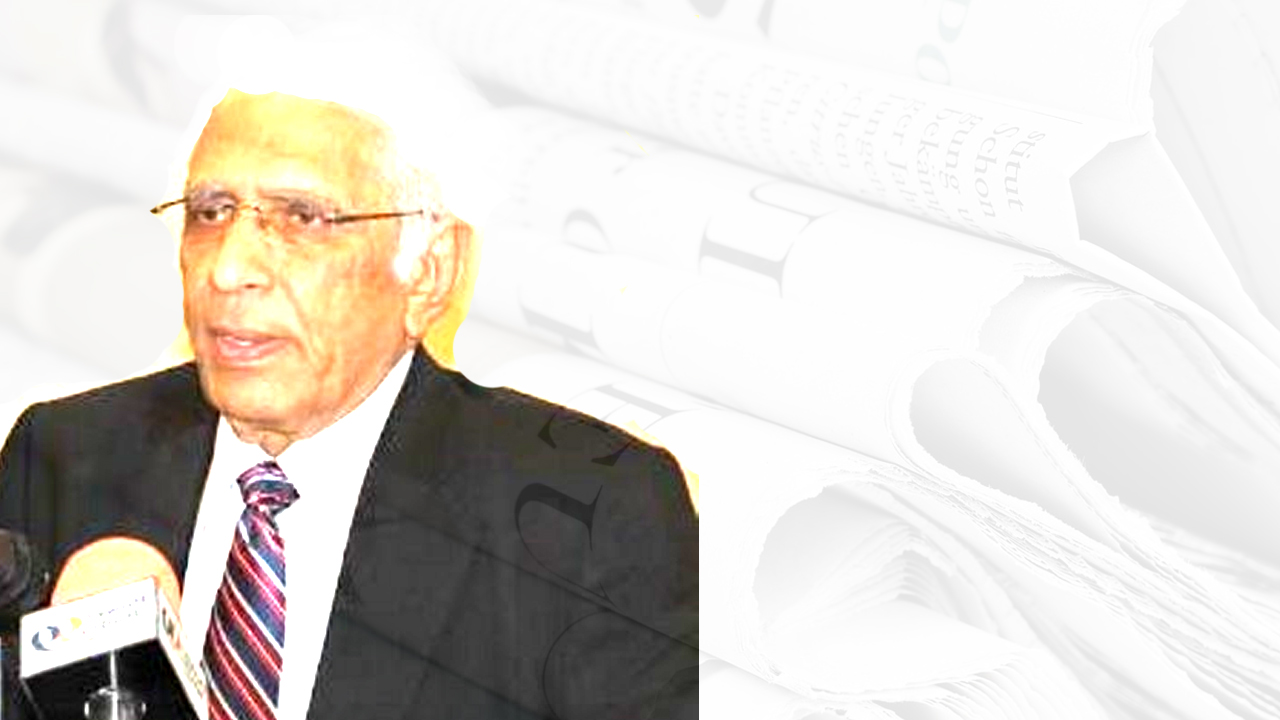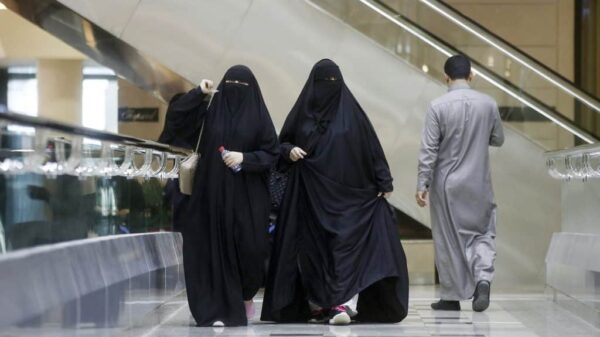THE PAKISTAN DEMOCRATIC MOVEMENT (PDM), a conglomerate of 15 or so opposition parties, seems to have, out of the blue, captured the political center stage in the country, thanks largely to Prime Minister Imran Khan’s recent interview to a private TV channel in which he openly branded the Opposition Parties as Indian agents. Making matters even more politically self- destructive was the chorus of PTI spokespersons casting the Opposition in even more libelous terms.
The ruling party seems to have hit the panic button knowing not how to respond to the defiant speech of former Prime Minister Nawaz Sharif at the inaugural session of the PDM other than dubbing it as mutinous. When a government starts accusing the Opposition of being foreign agents, it is actually admitting that it has lost the argument even before the contest had begun.
What the ruling party seems to have ignored while making use of the ‘Ghaddar’ card, usually employed against the opposition in such situations is, to make it stick you need the political support of the very province that the main opposition party, the PMLN controls. That is the reason why perhaps the label has failed to produce the desired results.
Clearly, the opposition seems to have decided to bring under further pressure an already faltering government by fully exploiting the general public’s suffering induced by the recent all-round price-hike. It has chalked out a series of public meetings it is going to stage in various cities. It is asking the PM to resign; also warned that it would resign amass from assemblies before the scheduled Senate elections next March.
The main reason why Imran’s model of Naya Pakistan has failed to deliver so far has been because it was built around too simplistic assumptions such as tax collection would double to Rs8 trillion simply because people trusted Imran Khan and therefore would pay their taxes honestly, that
foreign exchange reserves would go up steeply because Imran’s well-wishers in foreign countries would start remitting billions of dollars because they trusted him, the annual loss of $10 billion due to money laundering would stop forthwith because the corrupt rulers would have disappeared as soon as Imran took over the reins of the country, and the siphoned off money amounting to $200 billion stashed in foreign banks would be brought back the very next day after he is installed in the PM’s office; with this money, all our foreign debt would be repaid and Pakistan would still be left with $100 billion; with no more foreign debt to repay and foreign reserves going up by a colossal $100 billion, the PTI government would be able to provide 10 million jobs over five years and construct 5 million housing units for the poor in the same period.
Also, the government’s performance on the corruption front, when tested against the PTI’s own yardsticks seems to have remained too wanting. The Party’s declared a crusade against corruption has seemingly turned into manufactured moralism. Indeed, rather than focusing on governance PM Imran Khan’s government seems to have turned into a vigilante force of moralizers. On the one hand, these Khan-led moralizers seem to be trying to inflate their own social and moral standing in the public eye by flaunting their moral virtues on daily basis, while on the other they seem to take carnal pleasure in the public humiliation of their ‘corrupt’ victims. Reminders are voiced almost round the clock by the Party spokespersons promoting Khan as being the cleanest of the clean Pakistanis. That such moralizers, as a rule, suffer from strong doses of hypocrisy, sanctimonious-ness, pomposity, pretension, and conformism is not an exaggerated notion.
Yes, of course, one must be extremely wary of those who persecute in the name of principle. But then one cannot condone corruption while criticizing vigilante moralizers. Khan and his party have all the right to investigate and prosecute the corrupt. But laws of the land alone do not have the ability to eliminate corruption. However, many civilized countries have succeeded in curbing corruption, if not eliminating it completely, by establishing a strong parliament, an independent judiciary, and a fearless media. Without these social controls, no amount of laws and moralizing can curb corruption.
Editorial by: M. Ziauddin










